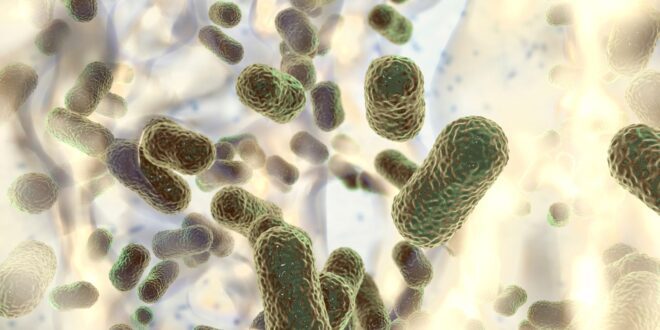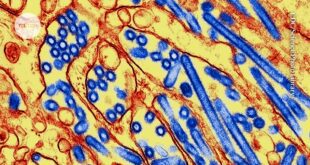Artificial Intelligence is Accelerating the Search for Antibiotics
Breaking the Drug-Resistant Infections Barrier
Artificial intelligence is helping researchers identify a new antibiotic that can kill a type of bacteria responsible for many drug-resistant infections. The Massachusetts Institute of Technology and McMaster University researchers identified the new antibiotic from a pool of nearly 7,000 potential drug compounds.
Using a machine-learning model trained to assess whether a chemical compound would inhibit the growth of acinetobacter baumannii, the researchers were able to identify the new antibiotic. The model also supported the idea that “AI can significantly accelerate and expand our search for novel antibiotics,” according to James Collins, from MIT’s Institute for Medical Engineering and Science and Department of Biological Engineering.
Acinetobacter baumannii, often located in hospitals, can cause pneumonia, meningitis, and other serious illnesses. It can also survive on hospital doorknobs and equipment for long periods and become resistant to nearly every antibiotic.
AI Used to Predict Breast Cancer Spread
Artificial intelligence is also aiding in the fight against breast cancer by helping scientists develop a model that predicts whether an aggressive form of the disease will spread. The AI model detects lymph node changes in women with triple negative breast cancer. In the first place, breast cancer commonly spreads to the lymph nodes below the arm on the same side.
The tests were performed on over 5,000 lymph nodes acquired from 345 patients who donated them to biobanks. The model examined the immune response and established the probability of breast cancer spreading. Triple negative breast cancer, which makes up 15% of all breast cancers diagnosed in the UK, accounts for nearly 25% of breast cancer deaths.
 Mind Uncharted Explore. Discover. Learn.
Mind Uncharted Explore. Discover. Learn.

